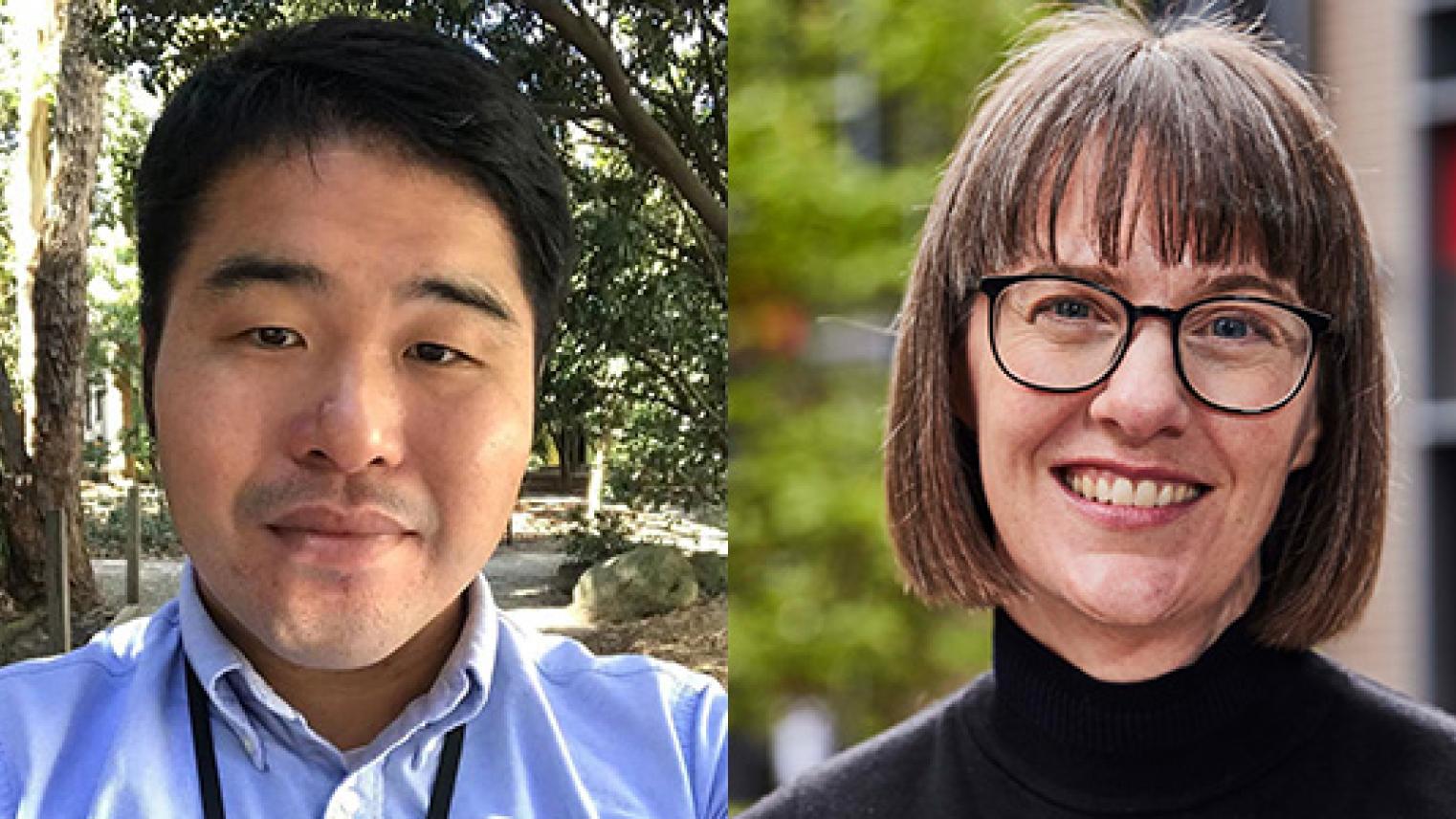China, Development and International Order Seminar Series
This seminar examines the Soviet occupation of Northeast China (Manchuria) and Nationalist China’s industrial reconstruction efforts in the years following Japan's defeat in World War II. During the Second Sino–Japanese War (1937–1945), China’s Nationalist government cultivated heavy industry SOEs in the inland region. Following Japan’s surrender, the Soviets initially occupied Manchuria, extracting copious industrial equipment from Angang and other Japanese enterprises. Despite this, Manchuria retained superior industrial facilities compared to other parts of China. After the Soviet retreat in the spring of 1946, the Nationalist government consolidated and restructured formerly Japanese enterprises into large-scale Chinese state-owned enterprises (SOEs), including Anshan Iron and Steel Works (Angang). The Nationalists partly reconstructed these SOEs by employing resident Japanese engineers while building on their experience running SOEs in the inland region and sending for Chinese managers and engineers from inland. The Japanese and Nationalists thus unintentionally provided the foundations for the Chinese Communist Party’s socialist industrialization after 1948. In this seminar, Koji Hirata will reflect on how this moment of post-war industrialisation shapes our understanding of development, international order, and developmental states in world history.
About the speaker
Dr. Koji Hirata is a research fellow in the School of Philosophical, Historical, and International Studies at Monash University. After graduating from the University of Tokyo, he completed his M.Phil in modern Chinese history at the University of Bristol. He then spent several years in Taiwan, China, and Russia, studying the Chinese and Russian languages, before moving to California to do his Ph.D. in history at Stanford University. He was a Research Fellow (JRF) at Emmanuel College, University of Cambridge before coming to Monash. Koji’s research touches on modern China, Japan, and Russia/Soviet Union with broader implications for the global history of capitalism and socialism. His first book, Making Mao's Steelworks: Industrial Manchuria and the Transnational Origins of Chinese Socialism will be published by Cambridge University Press in July 2024.
About the chair
Amy King is Associate Professor in the Strategic & Defence Studies Centre at The Australian National University, and Deputy Director (Research) in the Coral Bell School of Asia Pacific Affairs. She is the author of China-Japan Relations after World War Two: Empire, Industry and War, 1949-1971 (Cambridge University Press, 2016). The holder of an Australian Research Council DECRA Fellowship and a Westpac Research Fellowship, she leads a team researching China’s role in shaping the international economic order.
This seminar series is part of a research project on How China Shapes the International Economic Order, generously funded by the Westpac Scholars Trust and the Strategic and Defence Studies Centre, and led by A/Professor Amy King from the Coral Bell School of Asia Pacific Affairs.
If you require accessibility accommodations or a visitor Personal Emergency Evacuation Plan please contact the event organiser.
